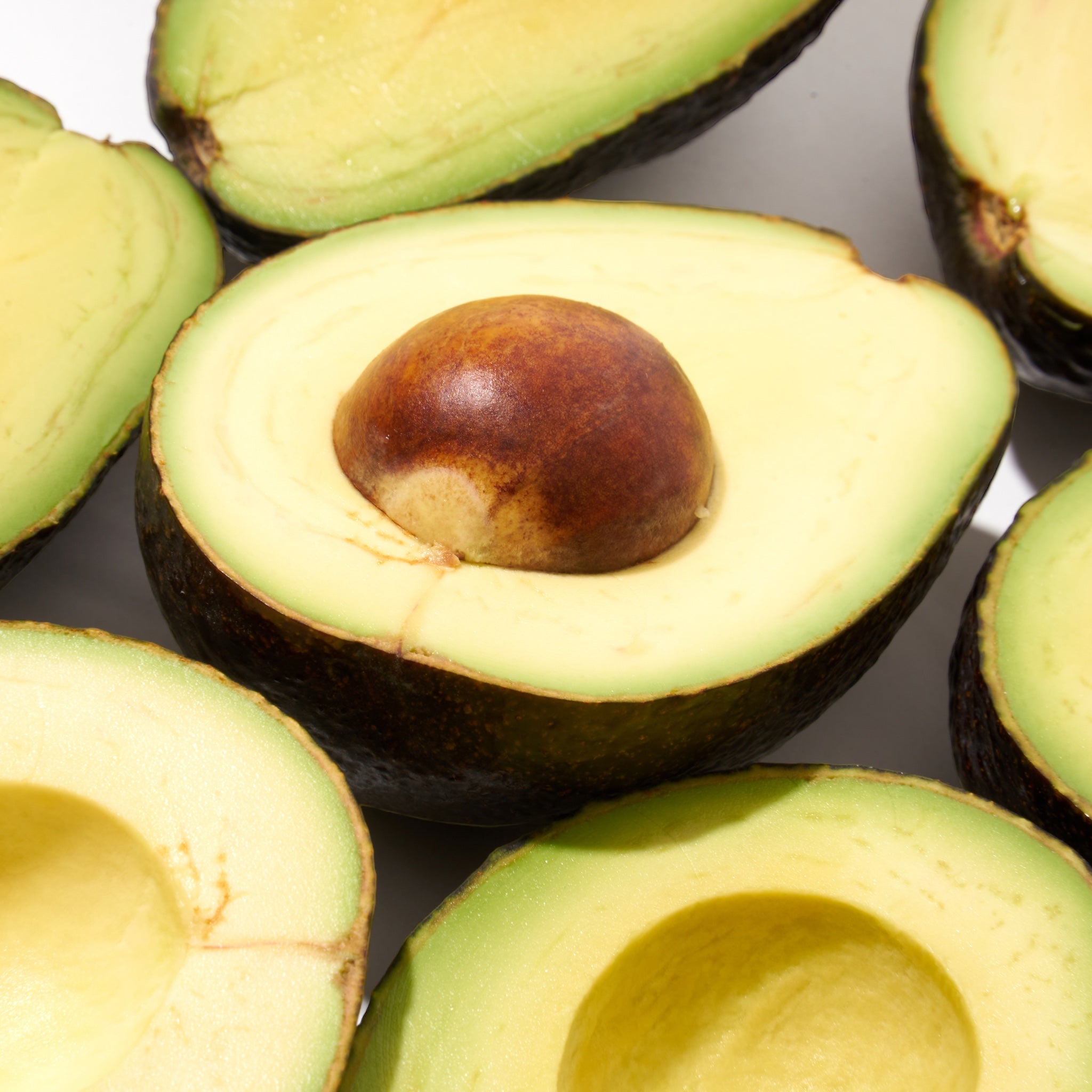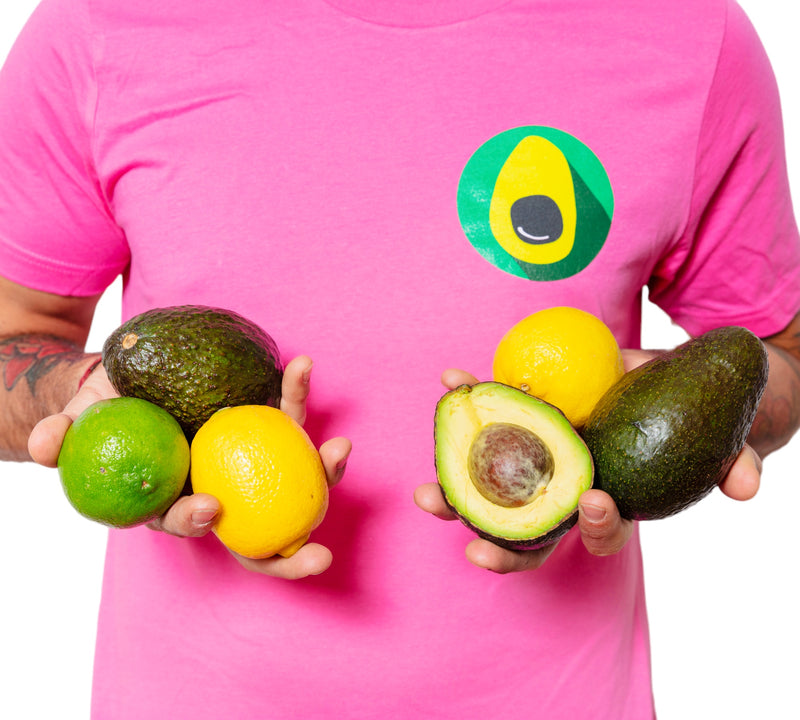The Origin of the Word 'Avocado'

The avocado, a creamy and nutrient-rich fruit, has a fascinating linguistic history that traces back to ancient civilizations. The word "avocado" comes from the Nahuatl language of the Aztecs, who called it ahuacatl (pronounced ah-wah-ka-tl). Interestingly, ahuacatl also meant "testicle" due to the fruit’s shape and its supposed aphrodisiac qualities in Aztec culture.
When Spanish explorers arrived in the Americas in the 16th century, they adopted the Nahuatl word but modified it to aguacate. Over time, as the fruit spread to different parts of the world, its name evolved in various languages, often reflecting phonetic adaptations or local linguistic influences.
In English, the word “avocado” emerged through an unexpected route. During the 17th century, Spanish aguacate was borrowed into English as "avogato pear," likely influenced by the word "advocate." This was later simplified to "avocado," the form we use today.
Other languages also have their own versions of the word, shaped by history and phonetics:
- Spanish: Aguacate – derived directly from Nahuatl ahuacatl.
- French: Avocat – adapted from the English "avocado" but also means "lawyer," leading to occasional humorous misunderstandings.
- Italian: Avocado – similar to English, but retains a more direct phonetic similarity to the original Spanish.
- Portuguese: Abacate – showing a phonetic shift, likely influenced by the language's preference for softer consonants.
- German: Avocado – directly borrowed from English.
- Japanese: アボカド (Abokado) – a transliteration of the English term.
- Chinese (Mandarin): 鳄梨 (È lí) – meaning "alligator pear," referencing the fruit’s bumpy skin.
- Hindi: एवोकाडो (Evokado) – a direct phonetic borrowing.
- Malay/Indonesian: Alpukat – likely influenced by the Spanish aguacate but adapted to local pronunciation.
The linguistic journey of the avocado mirrors its global popularity, as it traveled from Mesoamerican civilizations to become a staple ingredient worldwide. Whether you call it aguacate, avocat, or abacate, the name of this beloved fruit carries echoes of its indigenous roots and the cultural exchanges that shaped its history.




